Have you ever discovered that a device... IPhone Yours is not working as usual. Or maybe you sometimes feel that the apps on your device are behaving strangely. Have you heard about the recent security vulnerability in iOS, if your answer is yes, keep reading; Because we will answer, in the following lines, the question that is occupying your mind and thinking now, which is: Can the iPhone be infected with viruses?
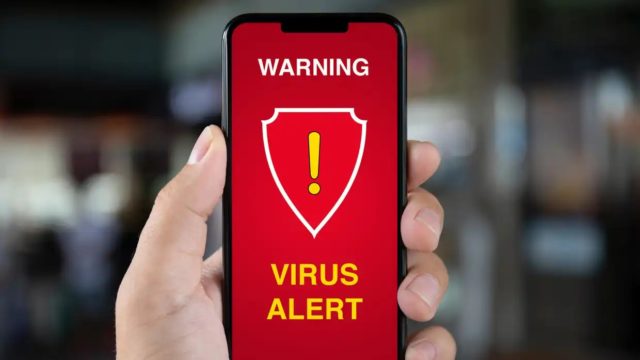
iPhone devices
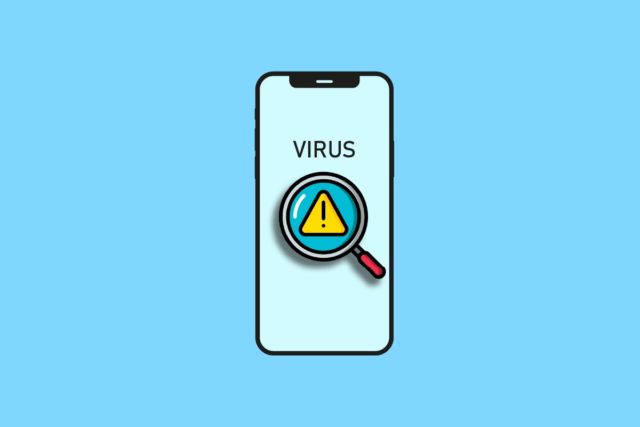
It can be said that the iPhone is not immune to various threats, whether viruses or malware. However, the Apple smartphone is the most secure device compared to other phones, and this is perhaps due to Apple's walled garden. Which provides strong protection by not allowing anything to be downloaded outside the App Store. There are also frequent security updates, which Apple releases from time to time in order to close a loophole or fix a problem that may be exploited by hackers. According to the National Vulnerability Database (NVD), 3000 vulnerabilities were found in Android phones, compared to about 700 vulnerabilities in iPhones during the past year.
Read an article: Why does the iPhone not need an antivirus?
Can iPhones be infected with viruses?
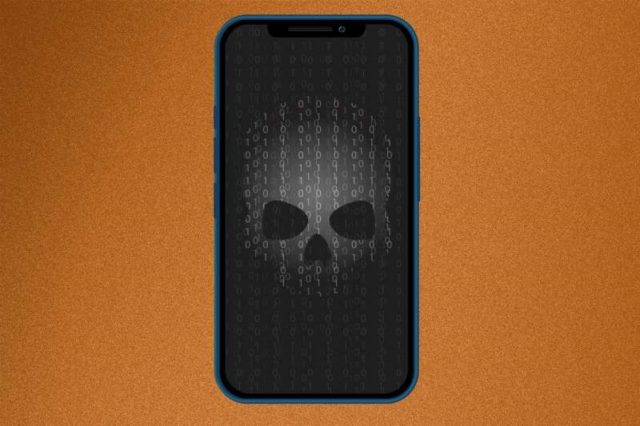
Let's be honest, every electronic device that runs software can be infected with viruses. But the real question is how likely this is to happen. iOS is a robust system capable of repelling attacks, which is why very few iPhone hacking cases have been reported. The majority of them are the result of software attacks such as Pegasus and Regen, which affected a limited number of iPhones in 2014.
In June 2023, security company Kaspersky reported an attack, resulting in dozens of Kaspersky employees being affected. In this case, the attacker was able to penetrate the iPhone's defenses via an invisible iMessage. They can collect and transmit sensitive information such as audio recordings, photos and geolocation. The company indicated that this is limited to older versions of the operating system, and iOS 16.2 was the last version in which the security vulnerability appeared.
You should be aware that these attacks are not directed at ordinary people. Rather, it targets politicians, journalists, and human rights activists, and then these attacks are sponsored by the state, through which it attempts to monitor and spy on opponents.
In general, you can notice a decrease in the number of threats to Apple phones, and the Federal Bureau of Investigation even repeatedly asked Apple to open a back door to access files inside a criminal’s iPhone, but Apple’s position was completely rejecting this matter, so that the iPhone would not become An easy prey for hackers.
Are iPhones safe?
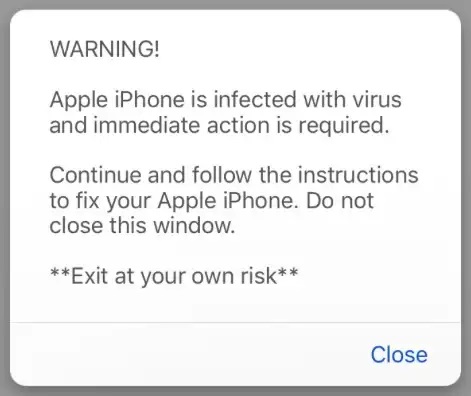
Viruses that target devices IPhone They are rare, and when they appeared they were not aimed at regular users. But that doesn't mean you shouldn't be careful. Because viruses are not the only ways hackers can access your data. One of the most effective ways to do this is through things like spam and phishing emails trying to encourage you to click on links that are often booby-trapped and malicious. Such as a warning from your bank that your account is about to be suspended, and you need to click on this link in order to activate it again. Clicking on these links can take you to suspicious and fake sites that ask you to log in and then reveal your account details without your knowledge.
Another danger is fake Wi-Fi networks that monitor your data as it travels through servers. These fake networks are often found in airports, cafes, or other public places. Hackers set it up, and once you connect to it, anything you try to access or type is sent to the hacker. As a result, your data is stolen via a “man-in-the-middle” attack.
Thus, it can be said that your iPhone is usually safe from viruses, and therefore, most attacks are directed at the user with the aim of deceiving and trapping him. So try not to be the weak point that is exploited to hack your iPhone. Be careful of any suspicious website or link that appears in front of you.
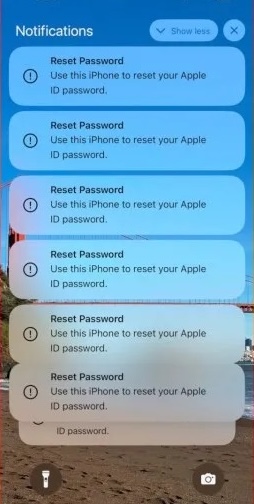
Finally, if you see a pop-up message warning that there is a virus on your iPhone, it is likely a scam. There is no virus on your smartphone. So avoid clicking on anything, and try to get rid of that message by any means. So that you do not fall prey to a phishing attempt.
Source:
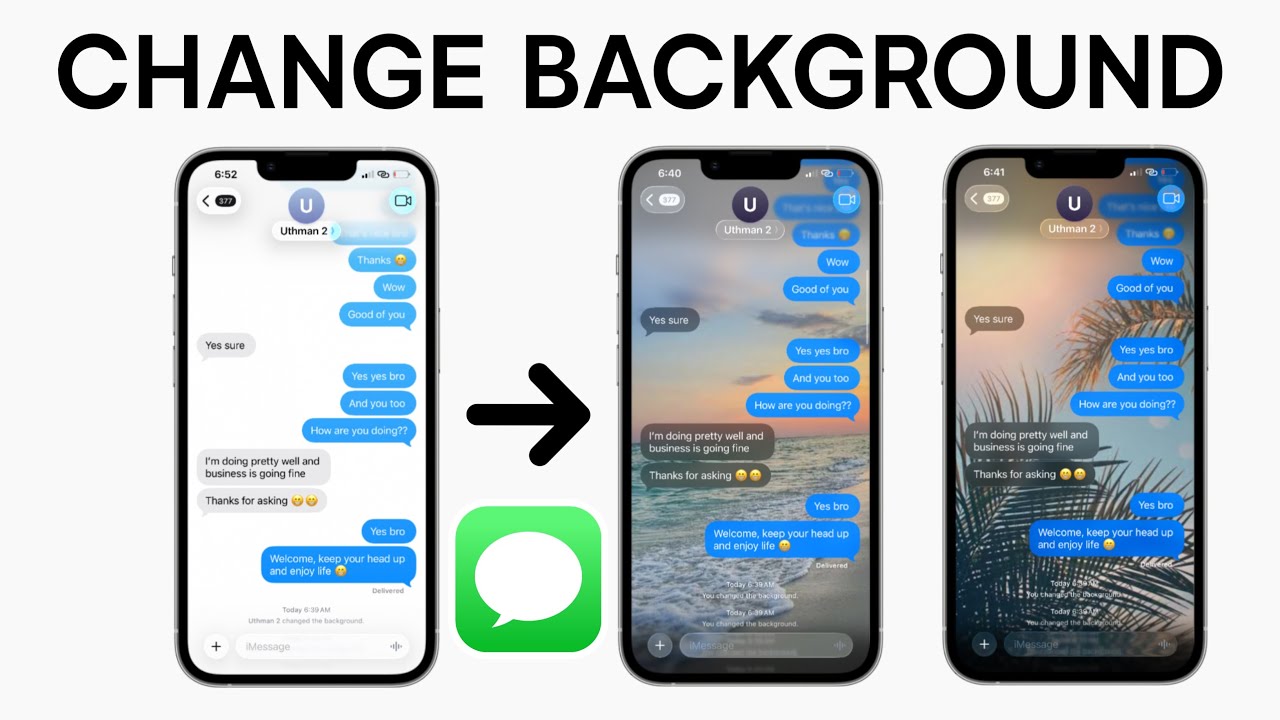
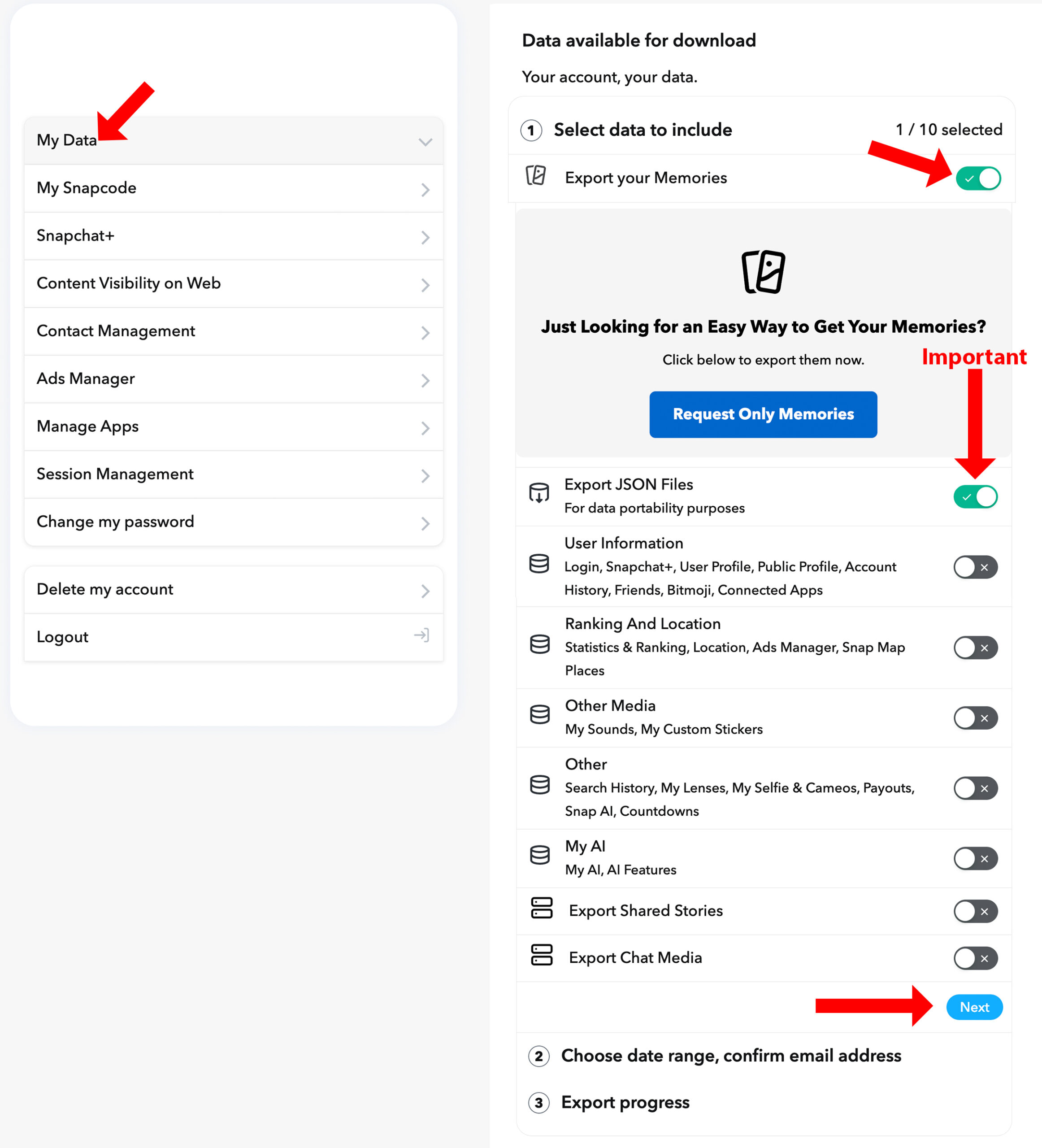
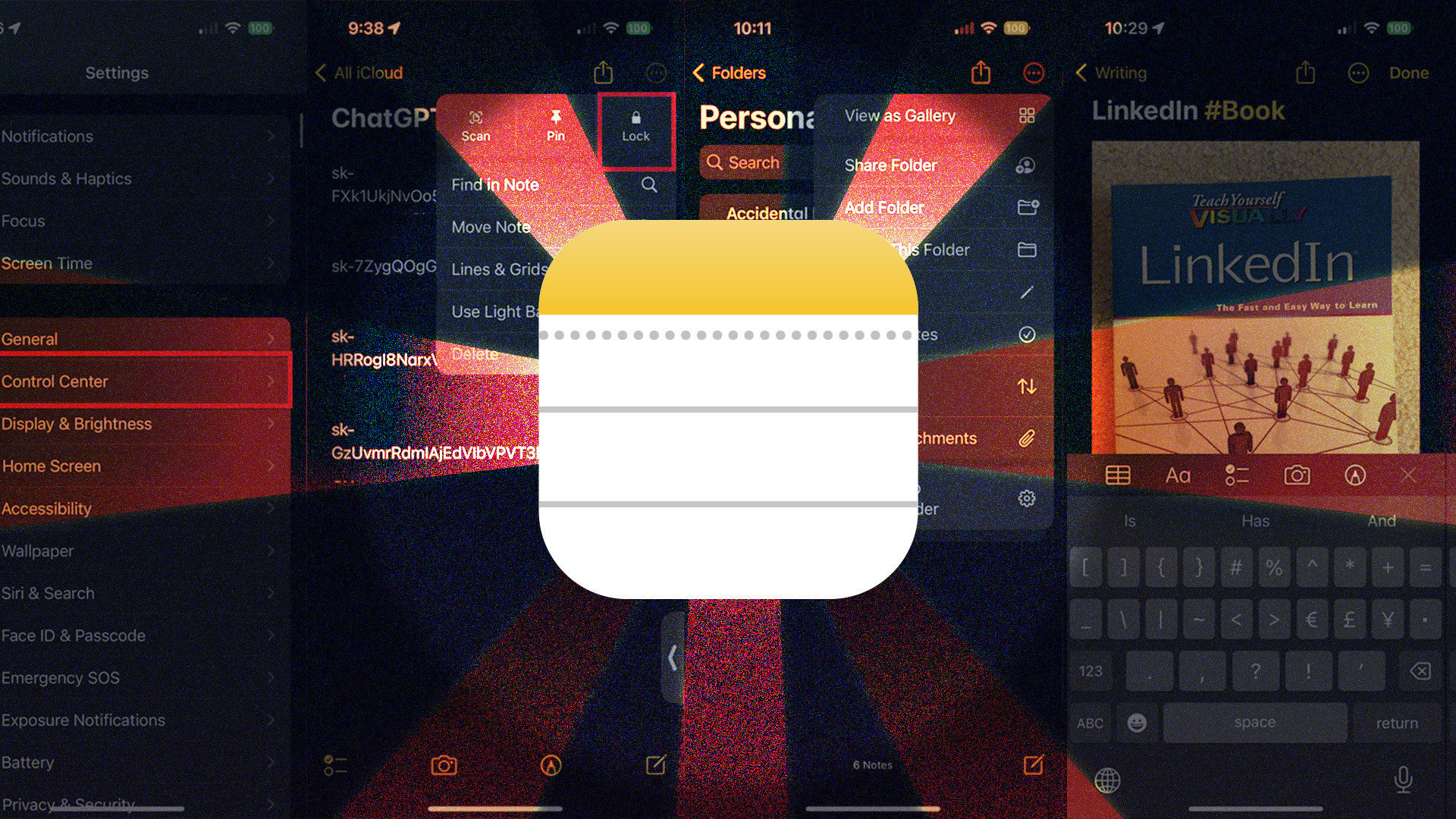
7 comment